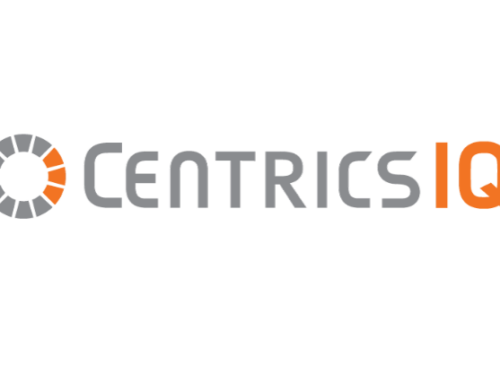Take 3 minutes to read this article
Data and applications form an integral part of any business, and accommodating the growing IT demands calls for improving data center resources. Many organizations have responded to this need by migrating to the cloud, as evidenced by the meteoric rise of cloud data centers in 2021. Still, for security, access, or regulatory reasons, other enterprises opt for a data center upgrade by relocating to better on-prem space or renting a colocation facility.
Whether you shift from on-premises to the cloud, transfer to another physical space, or do a hybrid approach combining both strategies, a data center migration is a monumental task for any organization. Without proper planning and resources, you could experience lengthy downtimes and serious disruptions to your operations, which may result in significant risks and financial losses.
Here are some best practices that can help you avoid data center migration challenges and ensure a smooth and successful migration.
Set Clear Goals
Before doing any concrete planning, consider your objectives. What exactly do you intend to achieve? Start by evaluating your current capabilities, then decide on your current requirements for data and applications and what you’ll likely need in the future.
You will also need to identify the developments you would like to see in terms of cost savings, efficiency, security, etc., as a result of the migration and how these will align with your overall business strategy. Carefully considering what you want from your migration should help you decide which data center investments will best serve your needs.
Develop a Comprehensive Data Center Migration Plan
Map out your inventory of assets, network resources, and equipment, and identify which of these will be affected at each stage of the migration. To develop a migration plan, you will need to query your tools and run reports to identify all of your assets and see what their critical requirements are, such as latency needs.
At this point, you should be using a project management application that can help you visualize the plan and keep track of every asset at each point. Documenting these manually using spreadsheets, notes, and emails is not only tedious and difficult, it also won’t provide the visibility you need to anticipate critical setbacks such as outages and downtimes. Validate every step of the plan to ensure workability and communicate everything to the stakeholders concerned.
Acquire Reliable Services to Tackle Your Data Center Migration Challenges
Even the best laid plans have minimal chances of success without the right manpower and equipment at your disposal. For instance, migrating to a colocation data center or a different on-prem facility requires moving hardware, including servers, storage, and network infrastructure. These physical assets should be handled properly as they are generally sensitive to environmental conditions.
Partnering with a third-party project management team that has knowledge and experience in handling these types of equipment helps to ensure that the transport, delivery and setup of your hardware goes smoothly. Third party data center migration teams can also provide the resources you need to analyze your equipment data, organize tasks such as scheduling and communications, and offer live updates on tracking, delivery, and general project status.
Data Center Migration the CentricsIT Way
With the right help, data center migration doesn’t need to be so complex.
CentricsIT is a leading provider of IT Project Management services, proven to get the job done right regardless of how challenging it may be. Our range of PM service offerings include Infrastructure Assessment, Integration Services, Imaging Services, Installation and Implementation, Data Center Relocation, and more.
What we offer is not only our global network of resources and high-level expertise, but also our ability to understand each client’s needs, working closely with them until each project is complete.
Need assistance with your data center migration? Contact us today for a free consultation with our data center specialists.




